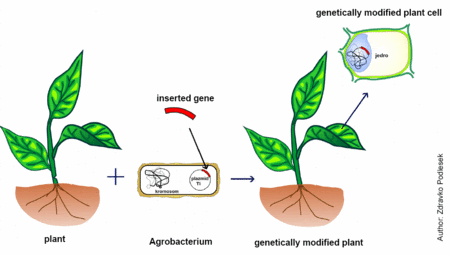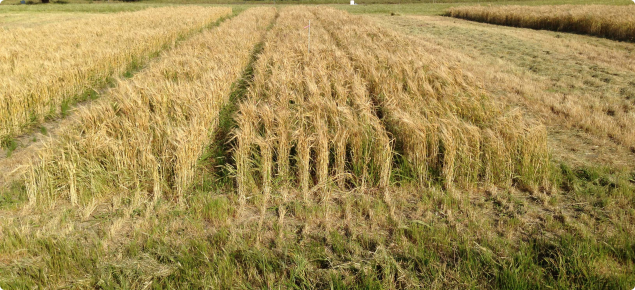In this article..
Introduction
The OGTR (Office of the Gene Technology Regulator) has recently approved field trials for genetically modified wheat and barley in Australia. The crops have been altered to increase yield, allowing for more grain to be harvested from the same amount of land. These limited and controlled releases will be conducted in a 2-hectare region on South Australia’s Light Regional Council. The restrictions on the license mean the products of the trials will not be allowed in human or animal feed.
What does this mean for consumers? Will we be seeing GM Beer and Bread on our shelves in the near future? The short answer here is no. Currently, there are only a limited number of GM crops grown for commercial use in Australia. Additionally, there are no GM varieties of wheat or barley grown commercially worldwide.
Understanding GM Crops
Genetically modified crops are species of plants that have had new DNA transferred into their cells to alter particular characteristics. These changes can affect how much grain a crop may produce (yield), whether they are susceptible to different types of pests and herbicides, or how well they survive in tough conditions (saline, drought, floods). Since the inception of genetically modified techniques, there have been controversies surrounding the alteration of the plant genome. These include ethical, environmental and religious issues with what some see as playing god. Environmental concerns include transferring these beneficial traits to other plants such as weeds which then have detrimental impacts on the natural environment. Consumers also have concerns with the safety of these GM products despite the intensive safety protocols.

The Case for GM Wheat and Barley
The modifications made to the varieties in question have been shown to improve yield through a combination of factors that have been found in wild-type plants. The beneficial genes have been isolated in these varieties and inserted into the new GM species so they now can exhibit these beneficial traits. The GM varieties have also been engineered to be more water and nutrient efficient meaning they can grow in environments with poor soils and rain fall as compared to regular wheat and barley. With the effects of climate change, Australian agriculture will have to utilise these traits to continue to output products at required levels.
The trials have been designated with a license for a limited and controlled release by the OGTR. The proposed trial site covers a single isolated field of 2 hectares located in the Light Regional Council in South Australia. The small size is a risk management strategy to ensure no outbreeding occurs with non-GM crops. The efficacy of the crop will be measured for five years from 2024 to 2029 to validate whether there is a consistent increase in crop yield and plant performance.

Consumer Concerns
There are a multitude of common concerns that are raised when GM crops are mentioned. They range from environmental impacts to health and ethical considerations. The public can submit these concerns to the OGTR and are included in the final risk assessment. Environmentally there are fears that GM crops may disperse and contaminate non-GM or wild varieties of crops, impacting organic farming in the vicinity. The likelihood of this occurring is low due to the isolated nature of the trial and the fact that wheat and barley are mainly self-pollinating. Many are unsure about the long-term health risks they believe genetically modified products have. They needn’t fear as crops grown in the trial are not permitted for human or animal feed use. In addition, any GM crops must be approved by FSANZ before they can be sold to the public. Many of these fears are generally unfounded and unspecific to the crop of interest but are still addressed in the safety assessments conducted by the OGTR.
Public Perception and Acceptance
Public perception of GMOs can vary wildly, depending on factors such as labelling, transparency, and trust in regulatory agencies. Acceptance is fostered when communication is transparent meaning what is and isn’t genetically modified in a product must be labelled accordingly. This is complicated by the rules surrounding the labelling of GM products. Foods containing ‘novel DNA’ and those displaying altered characteristics to their non-GM counterpart must be labelled but there are many exceptions. Highly refined foods such as corn syrup and seed oils are not labelled as GM proteins are not considered present. Animal products from livestock that is fed GM feed and other GM food additives are also excluded. These exemptions erode public trust in regulatory agencies such as the OGTR and FSANZ who are seen to be deceiving consumers.


Conclusion
In conclusion, the approval of field trials for GM wheat and barley poses important questions about the future of our food and beverages. While these crops offer potential benefits for growers, consumer acceptance remains a critical factor. Transparency, communication, and regulatory oversight are essential in building trust and addressing public concerns. Ultimately, the decision to drink GM beer rests with consumers, who must weigh the benefits and risks based on reliable information and personal values.
